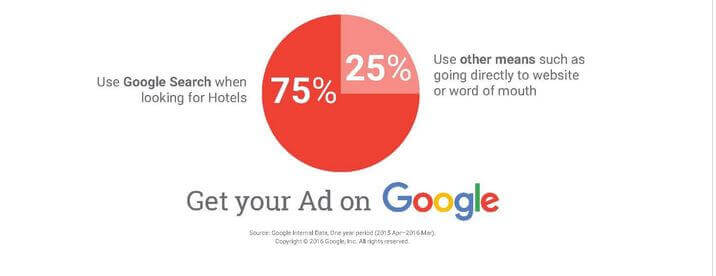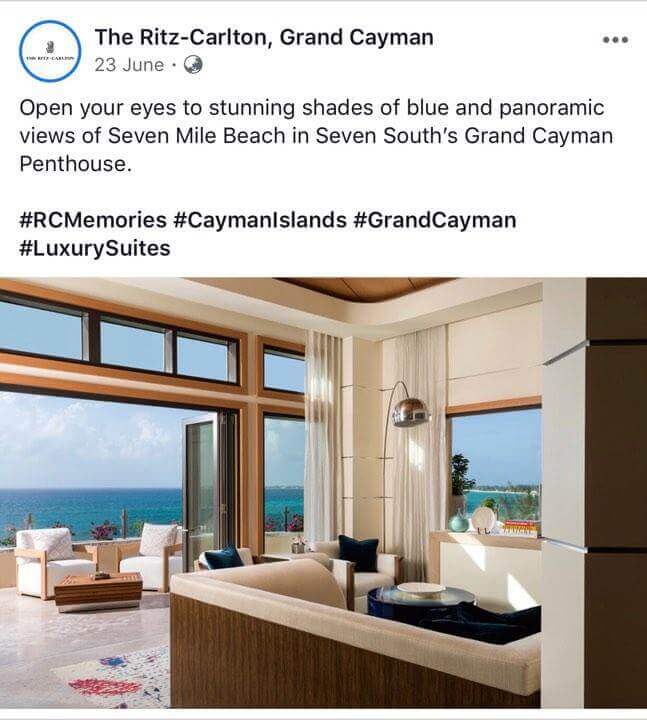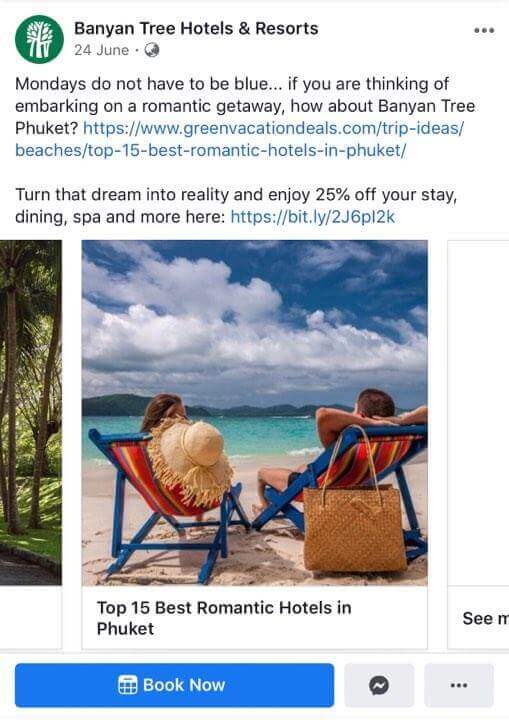How to Build a Hotel Website Optimized for E-commerce
One of the challenges of being in the hotel marketing industry is the increasing amount of competition. Sometimes, even the most beautiful and wonderful hotel website does not stand a chance of getting reservations and hotel bookings, especially when there are few visits on your site than needed.
Building a hotel website optimized for e-commerce can seem complex, but the process can be simplified if you know how to do hotel SEO right.
Hotel SEO: An overview
Simply put, it is the search engine optimization of hotel websites. Its goal is to improve a hotel’s website and increase the number of visitors or traffic by getting high ranks in search engines like Google. Your hotel website needs to have a consistency in terms of valuable content, easy-to-navigate pages, and a seamless booking procedure. Most of the time, hoteliers often take SEO for granted, but little do they know that it is one of the huge sales channels they should concentrate on.
The challenges in the hotel industry
With the rise and growth in the popularity of websites like Airbnb, it has become more challenging to stand out and be seen in the crowd, and gather more bookings from your visitors. Both hoteliers and marketers are familiar with these problems and they know that hitting their goals and metrics are always tied to the number of bookings made on their website.
What can you do to address these challenges?
First, you need to make sure that people can easily find your website and be interested enough for them to book and stay at your hotel. Here are 10 effective tips on how to build a hotel website optimized for e-commerce:
1. Make it easy for people to find your website online
You have to embrace technology’s advancement and use it to your benefit. Nowadays, travelers are empowered to make their travel plans by searching for different options that would work best for them online — not to mention, these travelers often make their research without even leaving the comfort of their beds. Now, if your hotel can’t be seen easily on search engines like Google, your bookings are few and far between.
Your hotel’s online presence needs to be everywhere so potential bookers can easily find you when they need to book and find a place to stay.
Did you know that about 75% of travelers use a search engine to find a place to stay? This is a report from Google and you can take a look at the infographic they shared.

2. Make sure to target the right audience
First, you need to ask yourself these questions: “What kind of hotel are you marketing, and who is your distinctive guest?” Remember, people book and travel differently because of their budgets. Yes, there are hotels that cater to a variety of customers of different income levels because their hotels are equipped with multiple kinds of rooms and packages that are offered at discounted prices.
Audiences, on the other hand, need to be broken down and targeted separately — this is crucial when planning for your marketing campaign. If needed, you can break down your audiences in two, three, four, and even more separate campaigns to make sure you’re sending the right message to the right audience.
Have a look at these Facebook post as an example. The post is probably targeted at a traveler with a high travel budget.

3. Provide your website visitors incentives to get them interested
You should come up with reasons that would lead your visitors to choose your hotel over your competition. Offering the lowest prices or discounts is one of the best ways to catch their attention. For example, you can offer all your first-time guests a 20% discount — this can surely increase attention to your hotel and people would flock on your website and make bookings.
Another excellent idea for an incentive is creating a sense of urgency by giving a 15% percent discount if they book on a “special limited-time offer.”

4. Market both your hotel and its location
You shouldn’t just focus on what your hotel can offer, like amenities, excellent service, and homey rooms — it is highly advisable to also promote its location. What makes your location so desirable? What are fun activities and beautiful sights to see in your city? Travelers always want to know this information because they want to explore.
5. Make sure that your hotel website is simple and breathtaking at the same time
There are numerous hotels out there that have really bad website designs — little do they know that it is a major turn off for their visitors. Having a website that is cluttered and unattractive would make your visitors look at the direction of your competition. Your website is the main door to your hotel, it serves as the first impression you give your visitors. Therefore, you need to make it simple and straightforward for your visitors to easily navigate to your web pages and book reservations.
Focus on creating a website design that is clean and crisp. Provide quality images that would show off why your hotel is a highly recommended option. Make sure that their booking process is safe and easy to avoid “booking abandonment.” Videos also tend to work excellently because it shows your hotel space better.
However, always keep in mind that optimizing your hotel website for e-commerce take time and effort, you won’t be seeing an overnight success. There will always be room for errors but with those, you can plan for a better campaign and improve what needs to be improved.
These tips are all tried and tested to help you optimize and increase your hotel’s booking rates — leading your business to succeed. Yes, the hotel industry is ever-changing, but if you’re up for these changes and challenges, then you’re on your way to achieving your business goals!